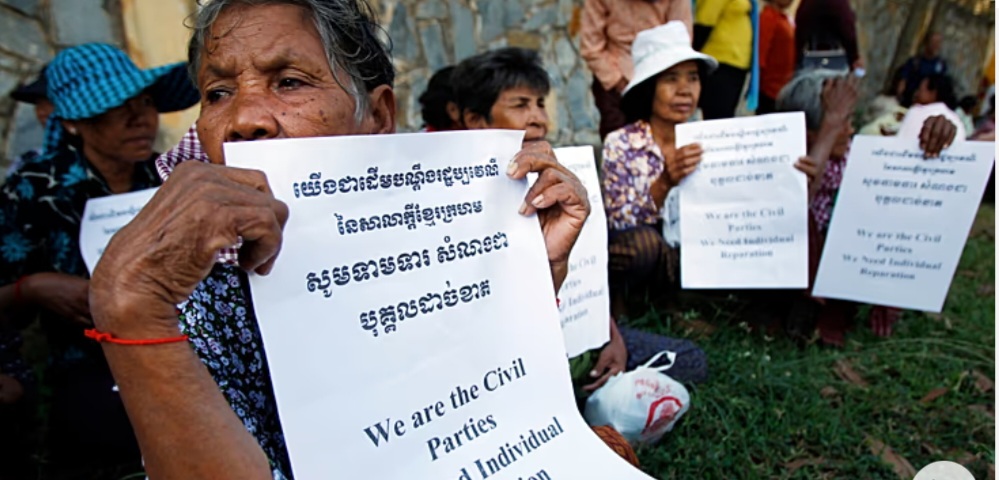
Crystal Dike
A Caribbean Community (CARICOM) Reparations Commission delegation is visiting the United Kingdom from 17–20 November 2025 to meet with British officials, lawmakers, civil society groups, and academic institutions as part of renewed efforts to press the case for reparations for slavery and colonialism.
The visit marks one of CARICOM’s most high-profile engagements with the UK in recent years, reflecting what regional leaders describe as a “critical moment” in the global reparations movement. Delegates are expected to present a detailed framework outlining the historic injustices suffered by African populations during the transatlantic slave trade, the long-term economic and social impacts across the Caribbean, and the enduring legacies of racism linked to colonial rule.
CARICOM — which represents 15 Caribbean nations — is advocating for a comprehensive reparations programme centred on ten key demands. These include formal apologies from former colonial powers, debt cancellation, cultural and educational exchanges, technology transfer, public-health support, and direct financial compensation. The commission argues that these measures are necessary to address centuries of enforced labour, exploitation, and wealth extraction that fuelled Britain’s rise as an economic power.
However, despite growing international momentum, political resistance remains strong in Europe. British Prime Minister Keir Starmer has repeatedly signalled a reluctance to engage in reparations discussions, insisting that national policy should be “future-focused” rather than tied to historical grievances. Rights advocates say this stance overlooks the continuing inequalities that stem directly from colonial systems and the transatlantic slave trade.
Even so, the issue has gained traction at multilateral forums. At the most recent Commonwealth summit, leaders acknowledged— for the first time in years— the need to initiate conversations on reparations, though no formal commitments were made. Caribbean officials view the UK meetings as an opportunity to push those discussions forward and highlight Britain’s central role in transporting millions of Africans into slavery.
A 2025 survey commissioned by The Repair Campaign underlined how little the British public knows about this history. According to the findings, 85% of respondents were unaware that the United Kingdom forcibly transported more than three million Africans to the Caribbean during the slave trade. CARICOM representatives say the lack of public understanding remains a major obstacle to building political support for reparative justice.
The African Union is reportedly developing its own continental strategy for reparations, signalling a broader global movement demanding recognition, restitution, and structural reforms. Caribbean leaders hope that sustained diplomatic pressure, combined with growing international solidarity, will keep the issue on the agenda in London and beyond.
The delegation is expected to release a report at the end of its four-day visit outlining key outcomes, next steps, and recommendations for future negotiations.
